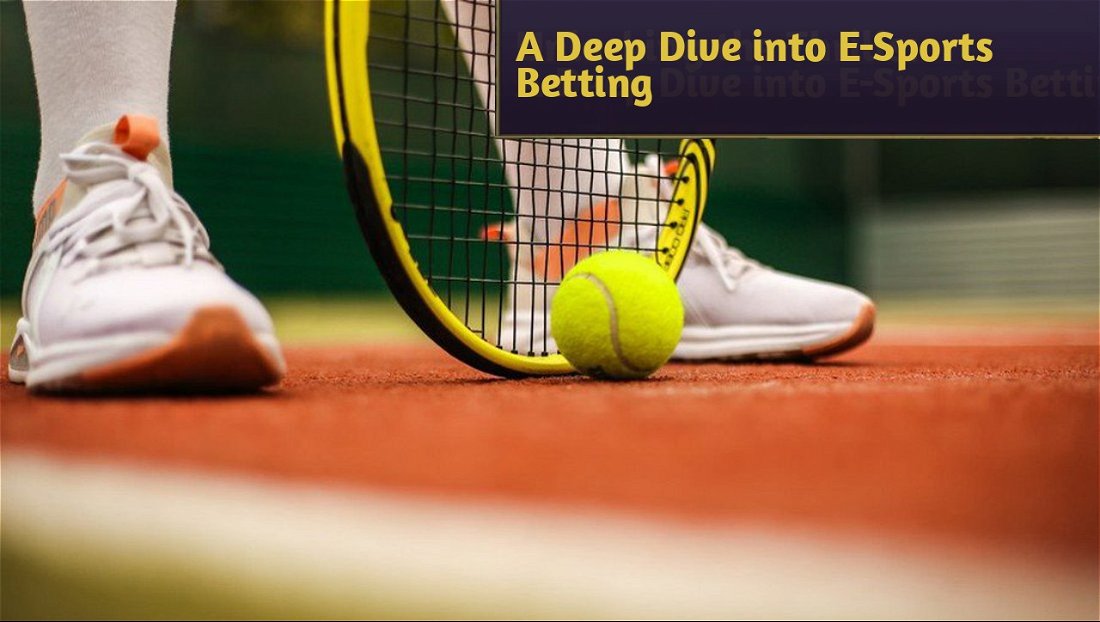Gone are the days when video games were merely pixelated distractions for kids eager to dodge homework. Today, video games are not just entertainment but part of a digital landscape rich with learning opportunities. Students of all ages are diving controller-first into these virtual worlds, and the benefits extend far beyond entertainment. This article zooms in on an overlooked aspect of gaming – how online games contribute to a new era of education by developing a variety of student skills and competencies.
The Educational Potential of Online Games
Online games are more than just virtual playgrounds; they're interactive experiences accessed through the Internet that often include real-time communication and competition with other players. Here is a list of educational benefits:
• Cognitive skill development;
• social skills enhancement;
• emotional intelligence and empathy;
• technological proficiency.
Online games aren't just time-killers; they're virtual classrooms in disguise. These interactive platforms can enhance cognitive abilities, improve social skills, nurture emotional intelligence, and even build technological proficiency. The learning possibilities are as expansive as the virtual worlds themselves.
Cognitive Skills Development
Let's get this straight: online games are not just about mashing buttons on a controller. They're complex ecosystems that challenge players to think on their feet, make quick decisions, and adapt strategies – all skills that translate well to academic and professional settings. For example, think about a game where you must solve intricate puzzles to progress.
That's problem-solving and critical thinking in action. Or what about games that require navigating complex landscapes or building structures? Those improve spatial awareness and strategic planning. But don't worry if acquiring new skills takes a long time. As a student, you can always find an alternative solution. For example, delegating your papers to writing services like Writemyessayforme.cheap is a good idea. At least you will have more time to understand how to write assignments correctly.
Social Skills Enhancement
Whoever said gaming is an isolating activity hasn't spent time coordinating a team attack in a multiplayer game or negotiating trade deals in a virtual economy. The social dimensions of online gaming are rich and often underestimated. In games where collaboration and teamwork are key, players must communicate effectively, listen to others, and strategize to achieve a common goal. It isn't just "game talk"; it's leadership and cooperation.
Moreover, communication is about what you say and how you say it. Synchronizing moves with teammates calls for quick, clear, and effective communication, teaching players the value of coordination. On top of this, many games encourage or require players to form or join communities, guilds, or teams.
Emotional Intelligence and Empathy
You might not expect a video game to teach emotional intelligence, but you'd be surprised. In narrative-driven games, players often encounter complex characters and emotionally charged situations that force them to grapple with moral dilemmas or understand another character's perspective. This engagement nurtures empathy, enabling players to relate better to others' emotions.
Competitive gaming can also be a hotbed for emotional highs and lows, from the thrill of a win to the disappointment of a loss. Managing these emotions, especially in team settings, teaches emotional self-regulation. It also helps players understand the emotional dynamics within a group, such as how to keep morale high after a setback or handle conflicts that may arise during gameplay.
Technological Proficiency
Gaming isn't just about recreation; it's also a doorway into the complex world of technology. Understanding the basics, such as downloading updates or connecting peripherals, is the low-hanging fruit of tech-savviness that gaming teaches. But let's go deeper.
Many games come with their own demands – specific hardware requirements, high-speed Internet, or even a working knowledge of graphic settings for optimized gameplay. While these may seem trivial, they provide players with a foundational understanding of how software and hardware interact.
The Role of Educators and Parents
Teachers can curate games that align with their curricula or use game-based assessments to gauge a student's grasp of a subject. Games can turn a traditional classroom into an engaging environment where learning doesn't feel like a chore. Parents, meanwhile, have a part to play in ensuring responsible gaming. Time management, for instance, is a crucial skill to teach kids who play games.
Future Trends and Research Opportunities
We're only scratching the surface of what's possible regarding the educational power of gaming. Technologies like virtual reality (VR) and augmented reality (AR) are already opening new avenues for immersive learning experiences. Imagine a history lesson where students can walk through an interactive timeline or a biology class where you can virtually step inside a human cell. These technologies have the potential to revolutionize not just how we play games but also how we learn from them.










— Comentarios 0
, Reacciones 1
Se el primero en comentar